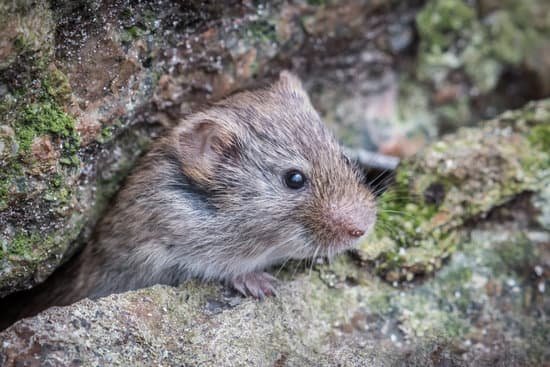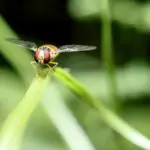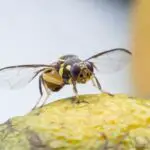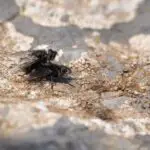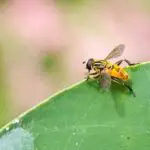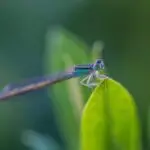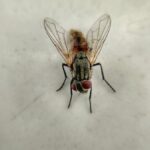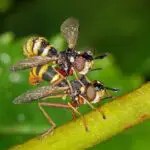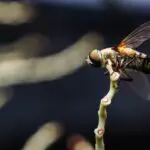Are Cats Good For Flies?
Although flies may be a healthy snack for cats, they can also cause problems for your cat’s digestive system. Flies are known to carry bacteria and parasites that can infect your cat if it ingests them. If your cat consumes too many flies, it may develop gastrointestinal issues, including vomiting, diarrhea, dehydration, and stomach discomfort. In addition, flies can cause skin diseases in your cat. If you suspect your cat has eaten flies, check with your vet. You can also watch for signs of a cat’s illness, including loss of body coordination and leaking of saliva from the lips.
To avoid attracting flies, keep your cat’s food cool and fresh. You can purchase a fly repellent for your cat or use citronella candles. Lemongrass, lavender, and eucalyptus are among the plants that repel flies. You can also store pet food in airtight containers and put your garbage in trash cans. You should also take steps to keep your home free from flies by repairing cracks and installing screens on windows and doors.
While cats are natural hunters, they can also eat a variety of different foods. Some are more sensitive than others, so flies can cause stomach upset or temporary loss of appetite for your cat. Additionally, flies can contain bacteria, protozoa, and other harmful microbes. These bacteria and parasites can infect your cat and cause a range of illnesses. Fortunately, flies rarely cause long-term harm to your cat.
